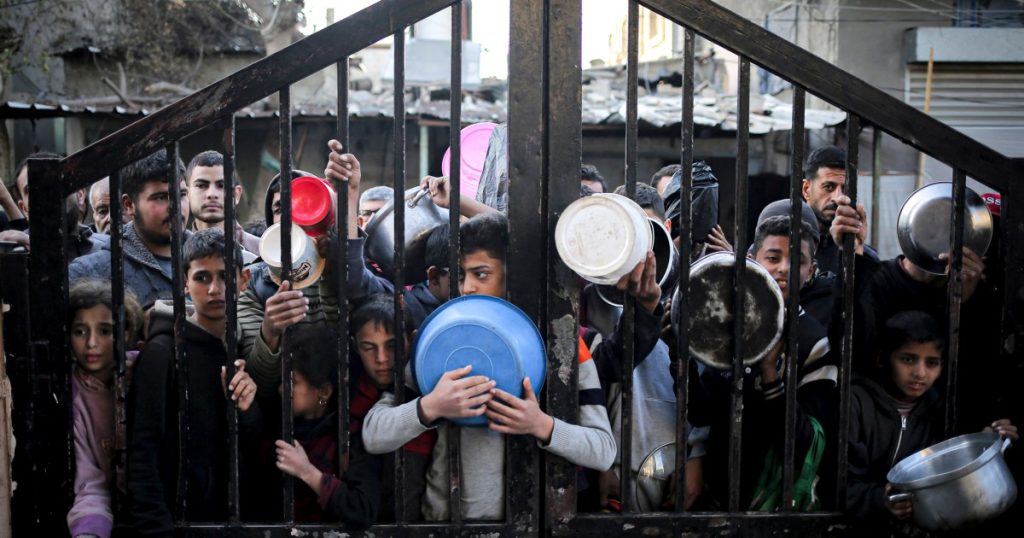A three-ship convoy departed from Cyprus with 400 tons of food and supplies for Gaza, where concerns about hunger have been increasing. The supplies included items like rice, pasta, flour, legumes, canned vegetables, proteins, and dates, traditionally eaten during Ramadan. The United Nations and partners have warned of a potential famine in northern Gaza due to isolation and devastation, with calls for Israel to allow more aid to reach the territory by road. The U.N. court ordered Israel to open more land crossings to address the humanitarian crisis.
The United States has welcomed the formation of a new Palestinian autonomy government, seeing it as a step towards political reform. The Biden administration hopes that revitalizing the Palestinian Authority in the West Bank could lead to it administrating Gaza in the future. However, both Israel and Hamas rejected this idea, with Hamas also deeming the new Palestinian government as illegitimate due to lack of popular support among Palestinians. The war began after Hamas militants attacked Israel, resulting in casualties and the displacement of many Palestinians.
Over 400 Palestinians have been killed by Israeli forces or settlers in the West Bank and east Jerusalem since the conflict began. Reconstruction in Gaza poses a major challenge, with critical infrastructure being destroyed during the war. The ongoing airstrikes and ground offensive have left thousands dead, with the Health Ministry reporting a majority of the casualties to be women and children. The fighting has displaced over 80% of Gaza’s population, pushing many to the brink of famine as international aid efforts continue.
Aid efforts are ongoing, with the U.S. military conducting airdrops to assist those in need. Israel has stated its intent to maintain security control over Gaza after the war, partnering with non-affiliated Palestinians in efforts to rebuild. However, Hamas has warned against collaboration with Israel, threatening individuals who cooperate with administration. They call instead for all Palestinian factions to form a power-sharing government ahead of overdue national elections, which have not taken place in nearly two decades.
The situation in Gaza remains dire, with the conflict causing widespread devastation and loss of life. Efforts to provide aid and support to those affected continue, but challenges persist in rebuilding and addressing the humanitarian crisis. The political dynamics between different factions and external actors also complicate the path towards stability and long-term peace in the region. With ongoing violence and displacement, the need for a coordinated and comprehensive approach to address the needs of Gaza’s population is crucial.


